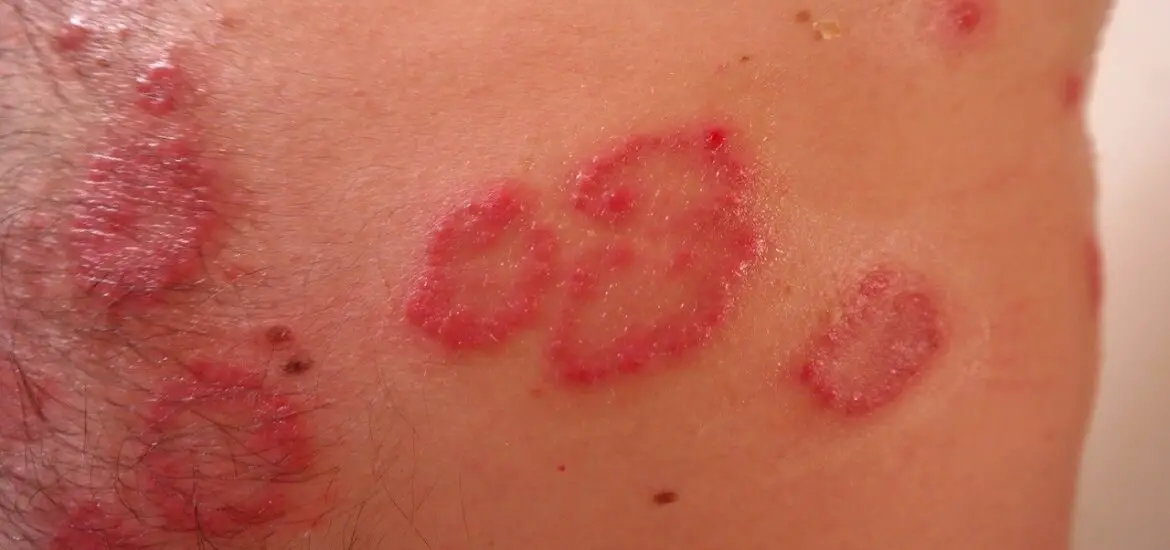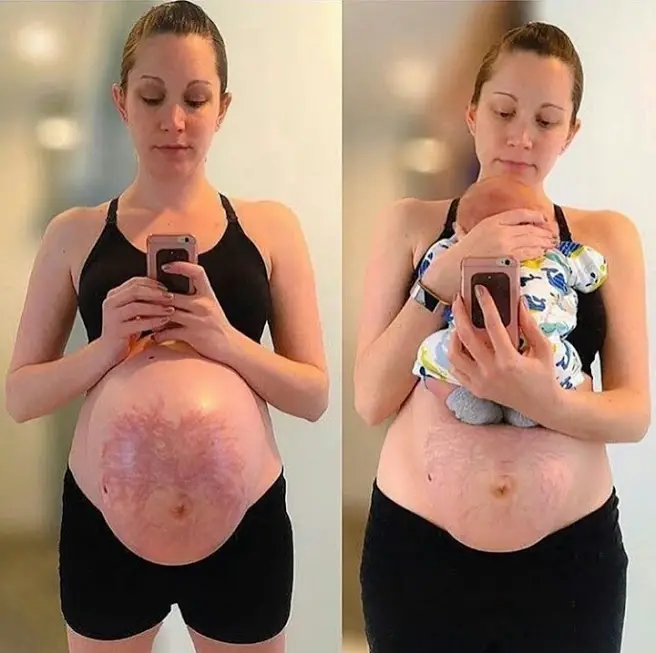Millions of Americans have allergic reactions to different things: food, pollen, skin care products, to name a few. Therefore, it is crucial to learn about your skin after allergic reaction.

Table of Contents
How Long Does Redness Last After Allergic Reaction?
Redness on the skin after an allergic reaction depends on the skin type and how it is treated. It also depends on the severity of the reaction. For some people, it lasts only a few days, while others have red skin for more than a week. See your dermatologist if the redness does not fade even when you are treating the allergic reaction.
Red Skin After Allergic Reaction – What to Do
An allergic reaction tends to cause redness of the skin, but the redness wears off over time. While you treat the allergy, all the symptoms, including red skin, should disappear. But if the red skin continues even after the allergy is gone, visit a doctor. There are topical creams a doctor may recommend for the red skin, or check for other causative stimulants for the symptom.
Many allergies can be prevented, especially if you already know you react to certain things. Some jobs put you at a greater risk of having an allergic reaction, and some of them are:
- Cleaning
- Metalworking
- Agricultural tasks or even gardening
- Healthcare
- Cooking
- Swimmers
- Construction work
Allergies can also occur when you come in contact with airborne stimulants. Therefore, do any or all of the following to prevent having an allergic reaction if you are susceptible:
- Keep away from known irritants. Over time, you will easily identify substances to which you react. Then, you can avoid them as much as you can.
- Use a barrier gel or cream. There are products that protect your skin from adversely reacting when it comes in contact with allergens or irritants. Your dermatologist can prescribe some of them.
- Take a bath or shower. If you inadvertently come in contact with an allergy-causing substance, taking a bath or shower immediately after can clean off most of the substance.
- Be careful when you are around pets. Irritants are quick to adhere to the furry coats of pets. From there, they spread to humans. If you have hairy pets or you live around someone that does, ensure you protect yourself around them to reduce the chance of an allergy.
- Cover yourself with protective clothing. Whenever you have to be around substances that easily irritate you, wear masks, gloves, and even goggles.
- Moisturize regularly. It helps to keep the skin supple and creates a protective barrier while restoring the skin.
How Long Does It Take for Skin to Heal after an Allergic Reaction?
It takes between two to four weeks for the skin to heal after an allergic reaction. Some allergic reactions may take longer to heal, even with the right treatment. It helps to wash your skin thoroughly immediately after you touch anything that is likely to cause an allergic reaction.
Can Allergies Cause Dry Skin around Eyes?
Allergies can cause dry skin around the eyes. Due to the fact that the skin around your eyes is more sensitive and thinner than other skin areas, it gets easily irritated and shows signs of a reaction before anywhere else.
Keep your hands away from your eyes or the area around them unless you know they are clean. Even then, touch your eyes cautiously. Know what triggers an allergic reaction on your skin, and avoid them. If you have to touch them, keep your hands away from your eyes until you thoroughly wash them.
Your doctor may recommend creams and lotions to soothe the skin. But use a moisturizer, especially on the skin around the eyes. Use warm or cold water to take short baths or showers. Hot water strips the skin of natural oils and worsens dryness.
In addition, use only mild soap and detergent when bathing or doing your laundry. Detergents and soaps with harsh ingredients irritate the skin and cause dryness. Finally, purchase a humidifier if you don’t have one. The air in your home may lack moisture, causing the skin to feel dry.
Important Note
Allergies can lead to life-threatening conditions, though it is rare. But visit a doctor if you suddenly have an allergic reaction where you have never had one. Afterward, the doctor will recommend care and treatment for skin after an allergic reaction.
Avoid self-prescribing or self-medicating when you are not sure what to use. Go with the prescriptions from your doctor for the best results.
Click here to read these interesting articles…
Skin After Weight Loss [Problems & Solutions]
Skin After Acne [Problems & Solutions]
Skin after a Chemical Peel [Problems & Solutions]
After Skin Needling [Problems, Solutions & Care]
Skin After a Facial [Problems, Solutions & Care]

